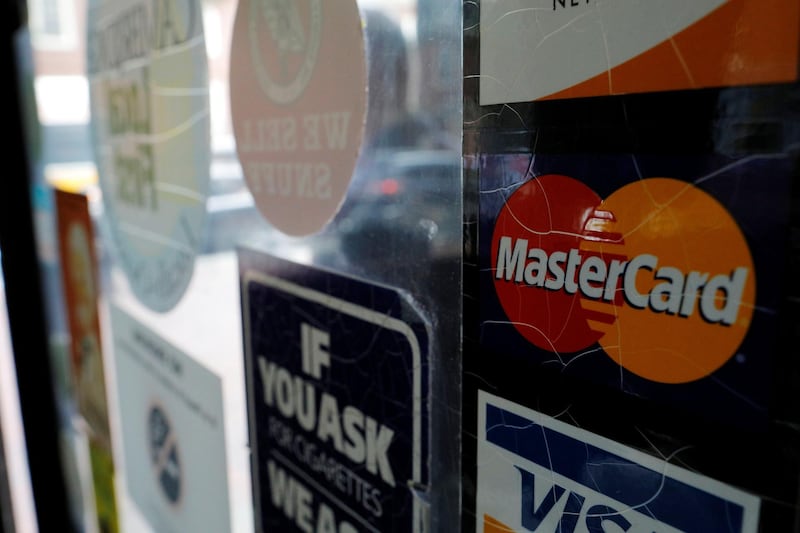MasterCard, the world's second-largest payments processor, reported a 33 per cent rise in quarterly profit as customers spent more using its network on the back of a strengthening US economy.
MasterCard's net income rose to $1.57 billion, or $1.50 per share, in the second quarter ended June 30, from $1.18bn, or $1.10 per share, a year earlier. The Purchase, New York-based company's total revenue rose 20 per cent to $3.67bn, Reuters reported.
The news came after rival Visa said spending on the firm’s US credit-card products climbed 11 per cent to $493bn during the quarter, when outstanding card debt reached a record in the country. Visa, the world’s largest payments network, has benefited from an increase in consumer spending, chief executive Al Kelly said.
Total spending on Visa’s network advanced 11 per cent to $2.1 trillion in the quarter, just topping the $2.09tn average of analyst estimates compiled by Bloomberg. That helped revenue climb to $5.2bn, a 15 per cent increase compared with a year ago, exceeding estimates of $5.09bn.
_______________
Read more:
Mastercard acquires digital payments company Oltio
Exclusive: Amex wants to grow retail coverage across Mena
_______________
Visa lowered its forecast for a full-year, earnings-per-share growth rate to the “high 50s” from its previous forecast of the “low 60s”. On an adjusted basis, which excludes one-time costs, the company now expects profit to rise in the“low 30s” compared with its previous forecast in the “high 20s”.
Rebates designed to encourage banks to use Visa products climbed 20 per cent to $1.37bn, below the $1.47bn average of analyst estimates compiled by Bloomberg. Visa warned investors during a conference call on Wednesday that incentives would be higher in its fiscal fourth quarter because some of the deals it is negotiating have been delayed.






